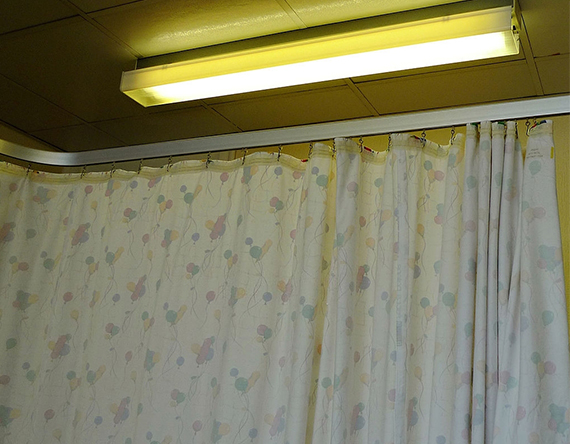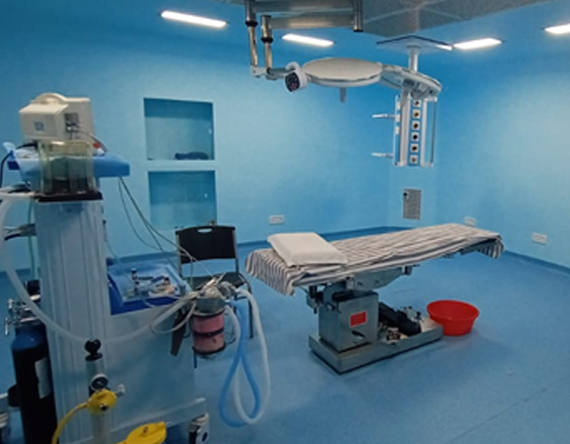
Modular Icu
Description
Almost 13 percent of patients hospitalized with pneumonia were admitted to the ICU solely because they happened to live near a hospital that used the ICU frequently. These patients had a moderate risk of death and did not have obvious ICU needs. Our results suggest that, when it’s not a straightforward decision, doctors have trouble identifying who might benefit from the ICU. Even though ICU care is notoriously expensive, borderline patients in the ICU had comparable hospital costs to similar patients admitted to the general ward. That could be because for these patients with pneumonia, aggressive ICU care early in the hospitalization could prevent complications that might lead to longer, more complex, and costly hospital stays.
🗹 We could move certain treatments to those in need
🗹 Many of the therapies provided to lower-risk patients in the ICU, such as closer nursing attention,
🗹 We must find ways to use the ICU more efficiently, while also ensuring that patients who need this kind of advanced care are not overlooked..
Rather than transferring all sick patients to the ICU, we could move certain treatments to those in need. Many of the therapies provided to lower-risk patients in the ICU, such as closer nursing attention, can be delivered at any level of the hospital. And specific locations in the hospital such as intermediate care, a place equipped to take care of patients who might be too sick for general care but not sick enough for the ICU, could also be better utilized.








